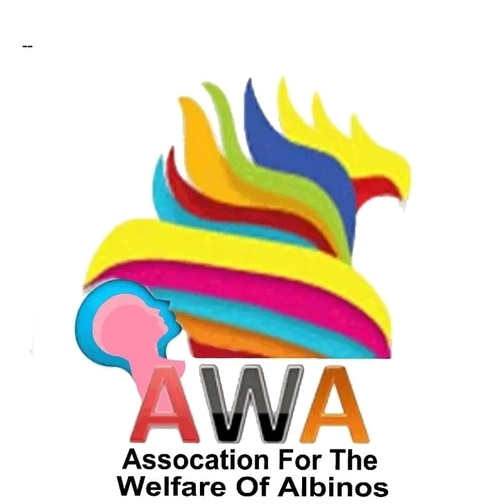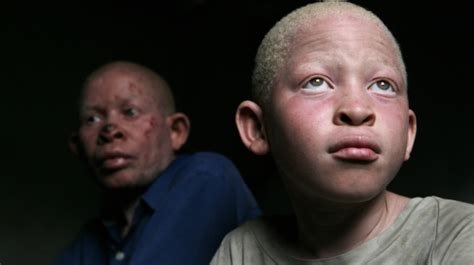Helping people with albinism in Cameroon is not only a humanitarian obligation but also a step toward greater equality and social justice. These individuals face challenges that are entirely avoidable with the right support, yet many suffer due to ignorance, poverty, and neglect. Providing aid and protection to people with albinism addresses both urgent health needs and broader social barriers.
From a health perspective, helping reduces the incidence of skin cancer and improves vision, which can significantly extend and improve quality of life. This is critical because, without intervention, many people with albinism face premature death from preventable conditions.
Socially, supporting people with albinism promotes inclusion and human rights. Fighting myths and discrimination enables them to participate fully in education, work, and community life. Empowering people with albinism helps break the cycle of poverty and exclusion, allowing them to contribute to society.
On a broader scale, helping vulnerable groups like people with albinism strengthens communities by promoting diversity and empathy. It sends a message that every life is valuable and deserves dignity and protection. For donors and advocates, investing in albinism programs yields tangible results with lasting impact on individuals and families.



